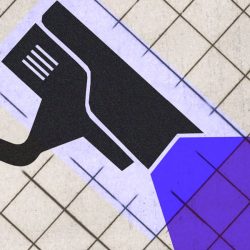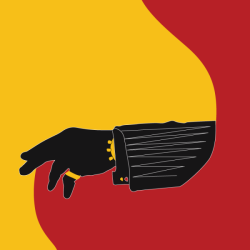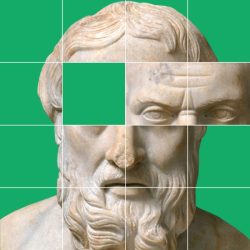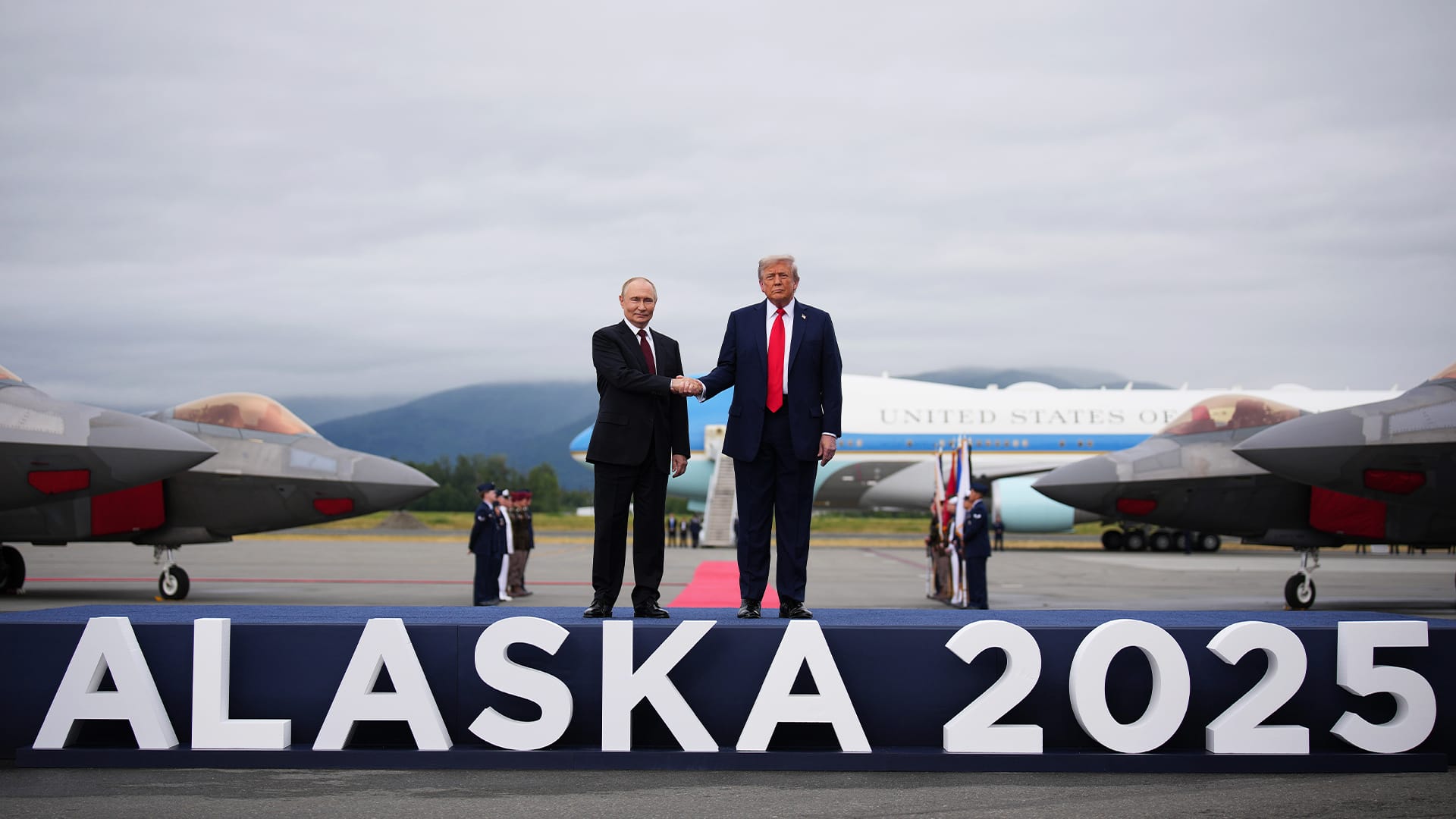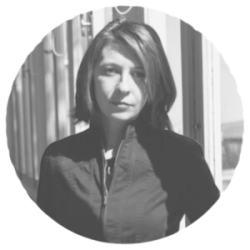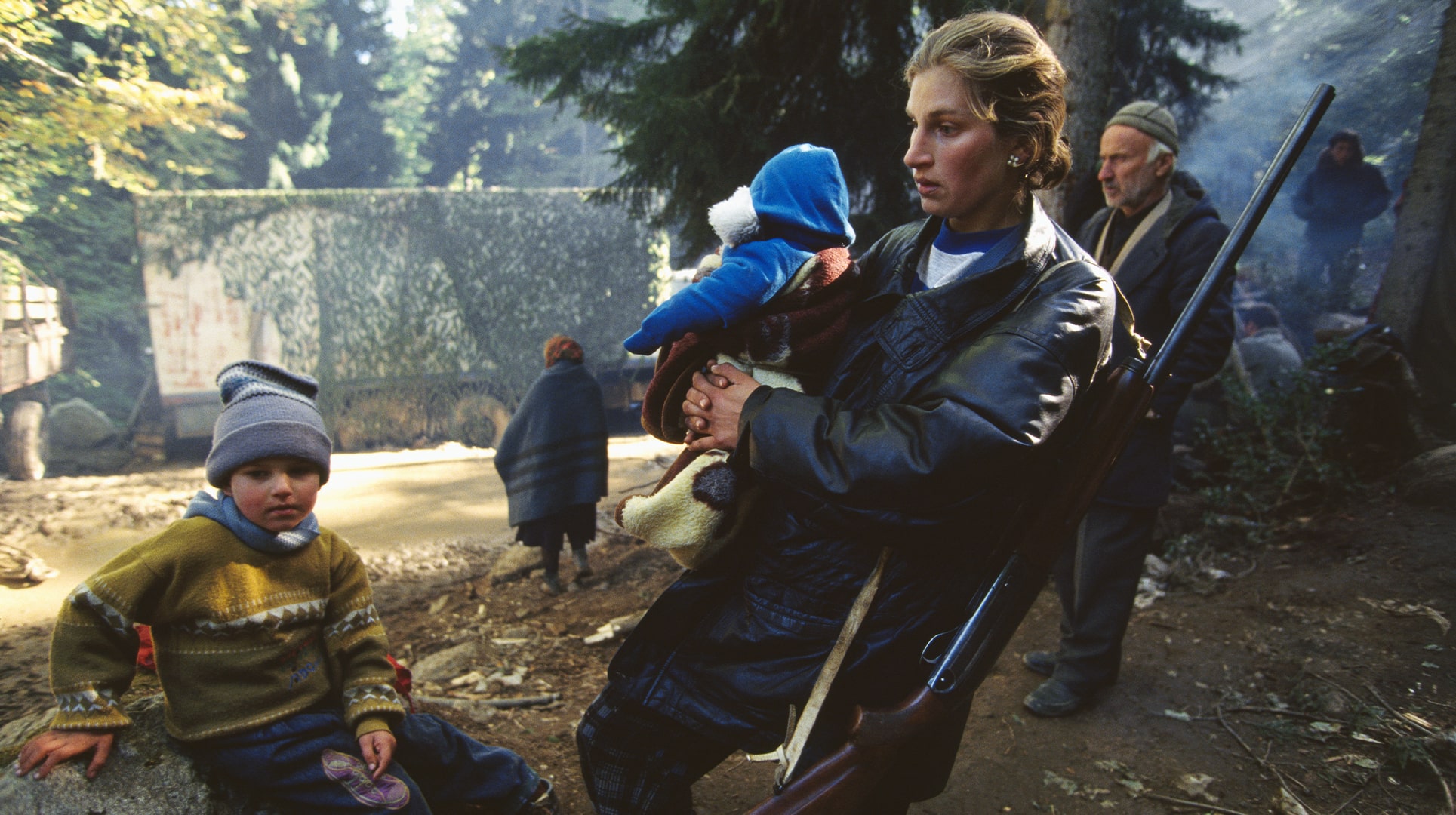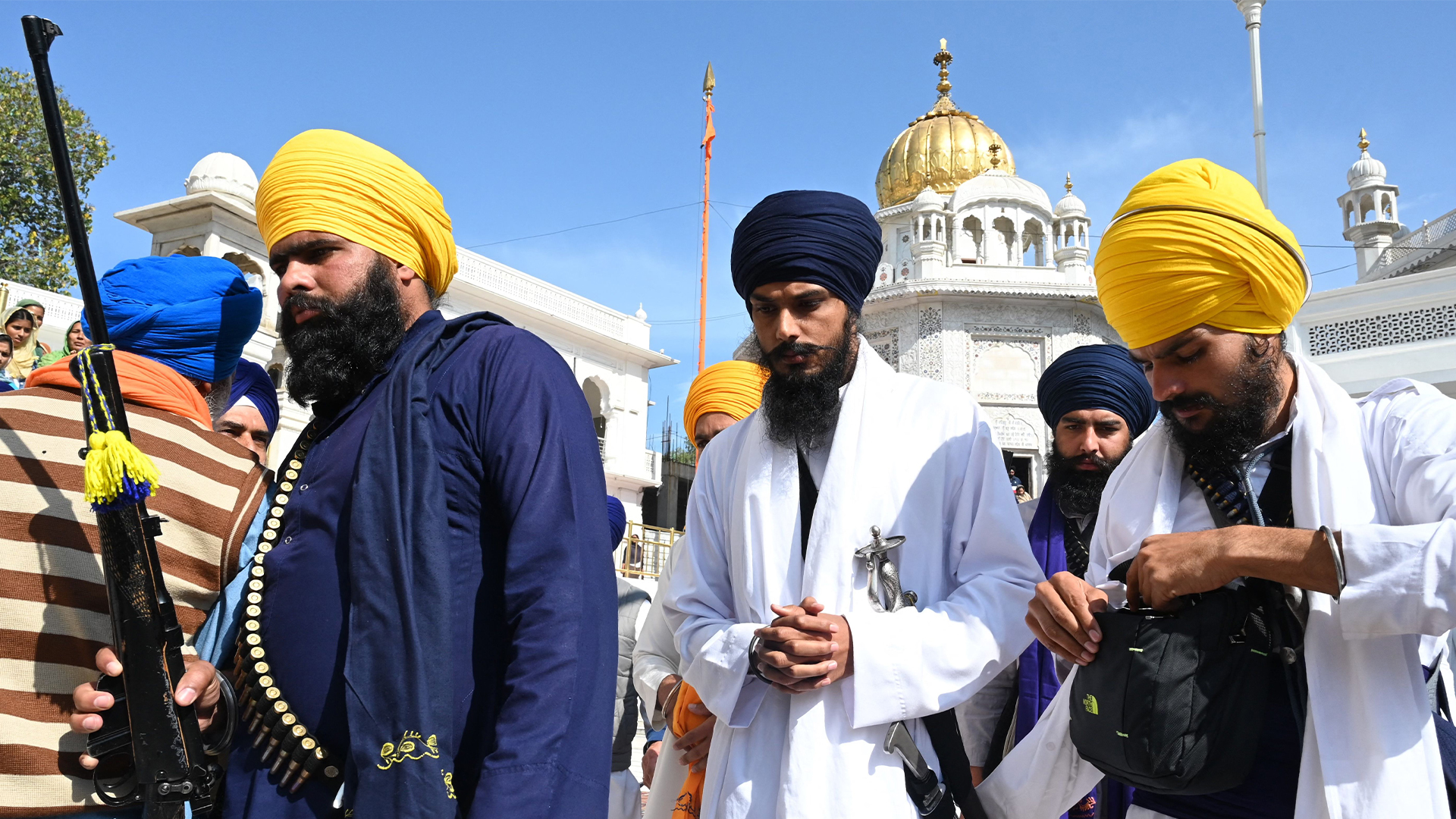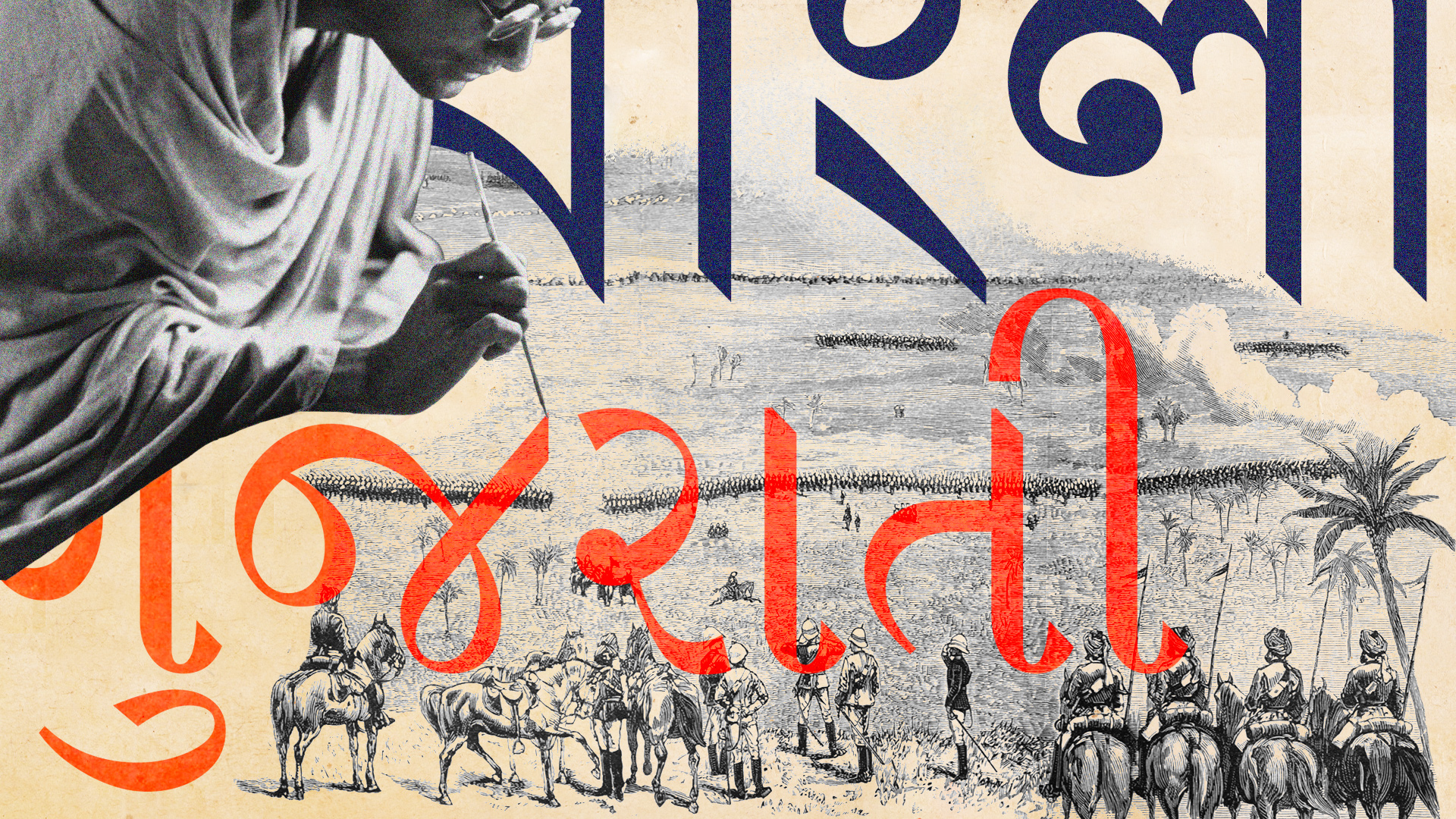Even as Zelensky and his European allies descended on Washington, I found myself still processing what we had witnessed just days earlier in Alaska, where Putin and Trump turned crisis into theater, and where Putin issued a seductive invitation to step “from yesterday into tomorrow.”
Put aside memories, responsibility, and accountability, he suggested. Drift into business as usual.
Every summer, when news slows to a languid crawl, journalists trade a well-worn joke: just wait, August will deliver its crisis. This August, the crisis came packaged as theater: a spectacle in Alaska with Trump and Putin center stage, military helicopters overhead, Russian Foreign Minister Sergey Lavrov in his intentionally provocative “USSR” sweatshirt and a swarm of media chasing every move.
Putin basked in his return from international isolation. Trump beamed as he applauded him. As far as we know, they achieved nothing. The summit wrapped up with vague platitudes..
I felt anger swell inside me as I watched the spectacle. Not at Putin or Trump, who are expertly playing the roles they have chosen for themselves, but at the rest of us who keep letting them get away with it.
The Media’s Unwilling Complicity
In coverage of the Alaska summit, report after report on US television referred to Ukraine as “the war that started in 2022,” echoing a narrative that strips away years of conflict, occupation, and loss. What Putin and Trump are successfully inviting us to forget isn’t just the past, but the throughline of consequences that have brought us to this moment.
Our recent investigation exposes the anatomy of how authoritarians manipulate not just history but living memory itself: how the tweaking of tiny details, the quiet adjustment of timelines or the reframing of a single moment can change the entire story.
For me, the story is deeply personal. In 2008, Vladimir Putin carried out his first invasion of a sovereign state: Georgia. I flew home to cover the war for the BBC, filing updates on Russian troop movements, statements from officials, and frontline reports.
But my reports, no matter how thorough, sat within the BBC’s larger narrative of the Georgia war as a sudden, out-of-the-blue August crisis. This narrative completely ignored the reality that for those living it, the war was simply the latest catastrophic chapter in Russia’s decades-long campaign of aggression.
This is the paradox of news: one of society’s essential pillars, designed to inform, yet structurally unable to capture the very continuity that defines how people experience life. The pressures are real: audience attention spans, commercial demands, the sheer volume of breaking news, but the effect remains the same. It makes news media, even well-intentioned, ethical media, an unwilling accomplice to authoritarian manipulation.
The Architecture of Forgetting
All of us understand our lives in context: in relation to history, memory, and culture. For Palestinians, today’s violence is inseparable from the Nakba of 1948, the catastrophe that started their displacement. For Ukrainians, the conflict didn’t begin in 2022. For Georgians, the war was never just five days long. For the Sudanese, the current war isn’t separate from decades of Darfur’s trauma.
When the news machine reduces these stories to start dates and breaking news alerts, it strips them of crucial continuity. It is precisely in these interrupted threads, these gaps where collective memory should live, that authoritarians find their opportunity.
Authoritarians operate in the spaces left empty by our collective forgetting, reshaping narratives and bending truth to serve their aims.
“I’m looking around, looking for a homeland inside my homeland,” says one woman in Masho’s piece, capturing the alienation spreading across societies where people are forced to give up not only their land but also their stories and memories, their truth.
Masho Lomashvili’s investigation, “Erasing August: How Russia Rewrites Georgia’s Story,” was supported by Coda’s Bruno Investigative Fellowship. We are currently seeking applications for our 2025-2026 Bruno Fellow. Apply here.
A version of this piece was originally published in our Sunday Read newsletter. Sign up here to receive weekly deep dives into the patterns of power shaping our world.

